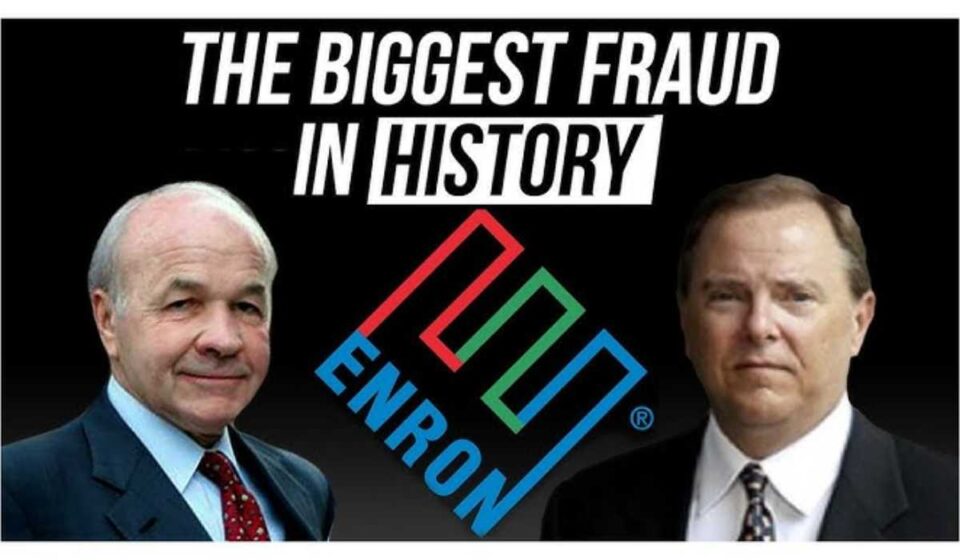The collapse of Enron Corporation in 2001 stands as one of the most notorious corporate frauds in history, fundamentally altering the landscape of corporate governance. Enron, once a darling of Wall Street, had achieved rapid success and prominence as an energy conglomerate, lauded for its innovative business strategies. However, beneath the surface, the company engaged in widespread accounting fraud, masking debt and inflating profits through complex financial structures and off-the-books entities. This deception was facilitated by top executives and went undetected for years, culminating in the company’s dramatic bankruptcy.
As the scandal unfolded, it became apparent that Enron’s fraudulent activities had far-reaching consequences. Shareholders lost billions of dollars, employees saw their pensions evaporate, and the broader financial market was shaken by the revelation of such extensive corporate malfeasance. The ripple effects of Enron’s collapse were felt across the industry, eroding public trust in corporate America and highlighting the vulnerabilities in the existing regulatory framework. The scandal underscored the need for greater oversight and accountability within corporations, prompting a national outcry for reform.
In response to the Enron debacle, significant regulatory changes were implemented to restore confidence in the financial markets. The most notable of these was the Sarbanes-Oxley Act of 2002, which introduced stringent new rules for corporate governance and financial disclosure. This legislation mandated greater transparency in financial reporting, increased the responsibilities of corporate boards, and imposed harsher penalties for fraudulent activities. It also established the Public Company Accounting Oversight Board (PCAOB) to oversee the audits of public companies, ensuring that similar fraudulent practices would be detected and prevented in the future.
The Enron scandal serves as a stark reminder of the critical importance of ethical business practices and robust corporate governance. It highlighted the need for vigilance, transparency, and accountability at all levels of an organization. The lessons learned from Enron have shaped modern corporate governance practices, emphasizing the necessity of strong internal controls, independent oversight, and a corporate culture that prioritizes integrity. By understanding the failures that led to Enron’s downfall, businesses today can better navigate the complexities of ethical management and ensure long-term sustainability.


